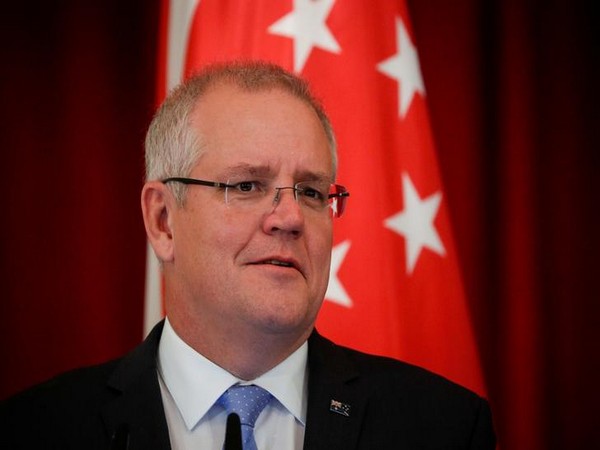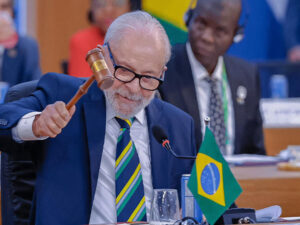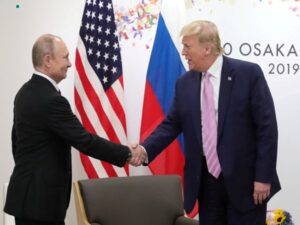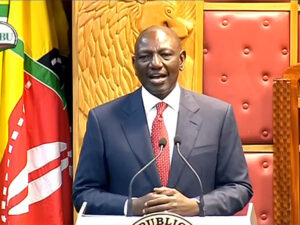
Australian Prime Minister Scott Morrison speaks during a joint press conference at the Istana Presidential Palace in Singapore, 07 June 2019. Wallace Woon/Pool via REUTERS
Canberra [Australia], August 27 (ANI): Prime Minister Scott Morrison government will introduce legislation to ensure that will allow it to review and cancel agreements states, territories, councils and universities have with foreign governments if they contradict Australia‘s national interests.
According to a report in The Sydney Morning Herald, China-funded culture and language centres at Australian universities and Victoria’s Belt and Road deal with Beijing could be cancelled under a powerful intervention to be unveiled by the Morrison government.
This comes amid concerns over China‘s attempts of influence and interference in the country.
Confucius Institutes operating at Australian universities could fall foul of the new laws because of their links to Chinese Communist Party-controlled headquarters in Beijing, the report said.
Prime Minister Scott Morrison said, “one of the most important jobs of the federal government is to protect and promote Australia‘s national interests.”
“These changes and new laws will ensure that every arrangement done by any Australian government at any level now lines up with how we are working to protect and promote Australia‘s national interest,” he was quoted as saying.
“Where any of these agreements undermine how the federal government is protecting and promoting our national interests they can be cancelled.”
According to The Sydney Morning Herald report, states and territory governments with existing agreements directly with a foreign government will have to report back to the federal government within three months.
Under the reforms, the Foreign Minister will have the power to review the existing and prospective agreements between state and territory governments and all foreign governments and arrangements that adversely affect Australia‘s foreign relations or are inconsistent with its foreign policy could be prevented from proceeding or terminated.
“If a state or territory government wants to enter into a new agreement with a foreign government, they will have to get the approval of the foreign minister to enter into a negotiation. The minister then can approve or refuse the arrangement once negotiations have been finalised, and can later revoke the approval at any stage,” reported The Sydney Morning Herald.
China has upped its espionage activities over the last few years. It has even been accused of political interference in Australia.
CNN reported in November that Australian Prime Minister Scot Morrison had expressed concerns over reports that Beijing attempted to have an agent elected to the Australian parliament.
Ties between Australia and China have been strained as the Canberra pushed for an inquiry into origins of coronavirus, which infuriated tensions between two countries. (ANI)

















